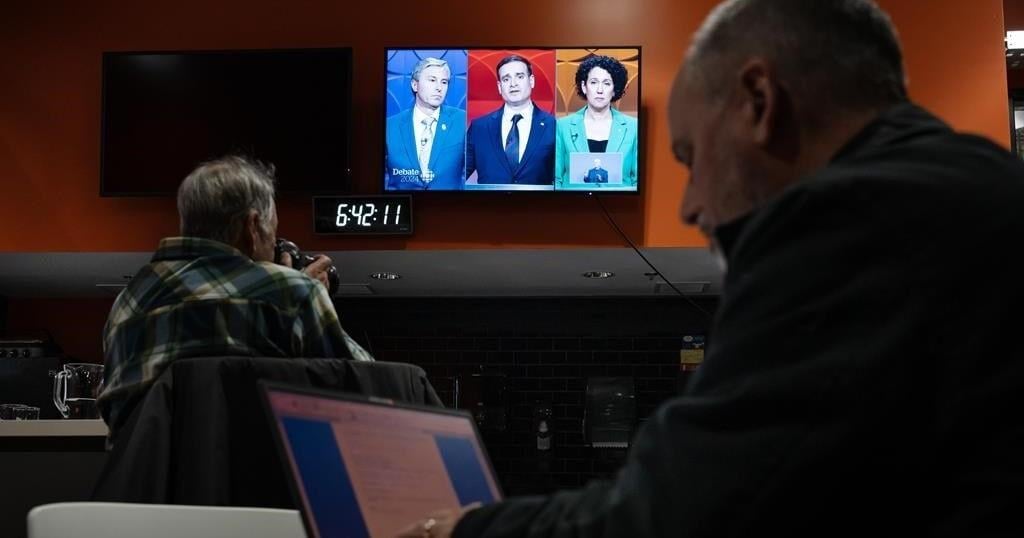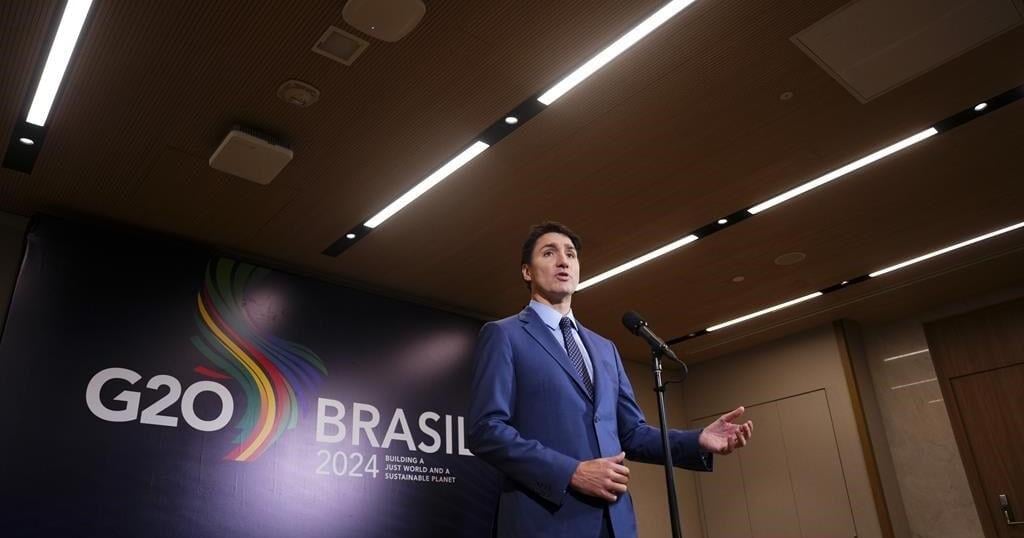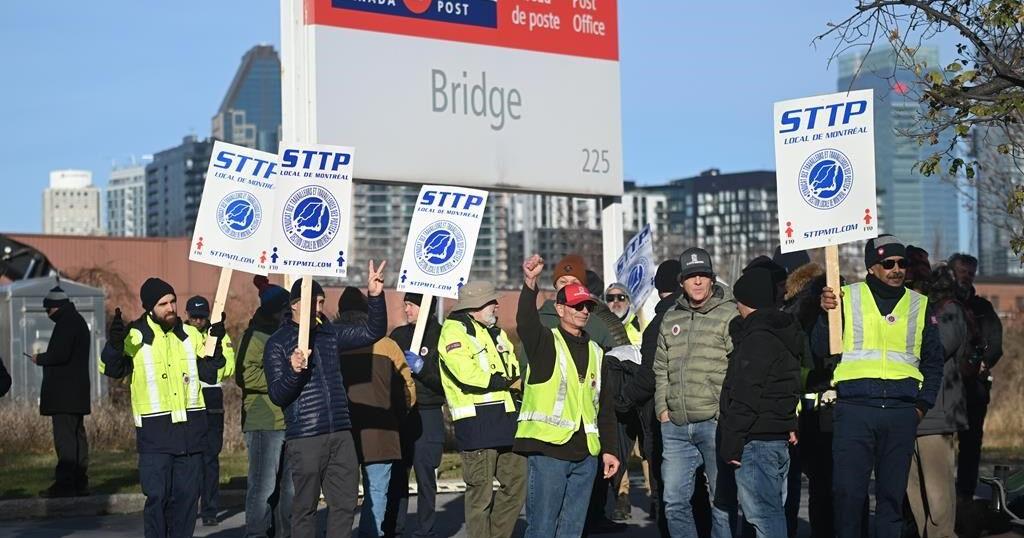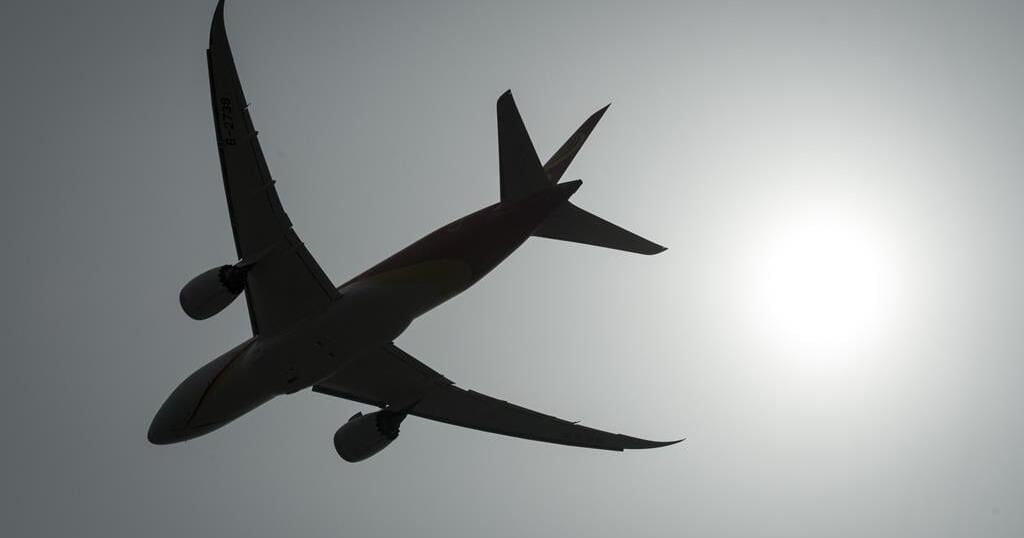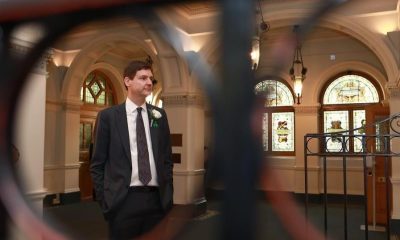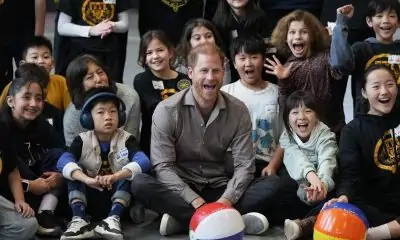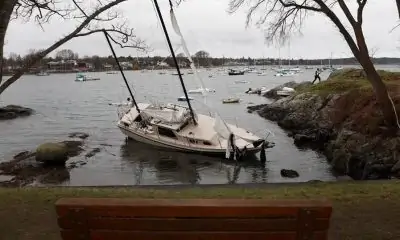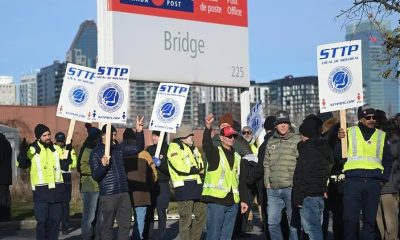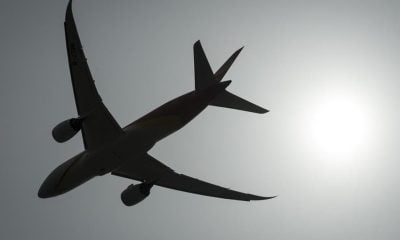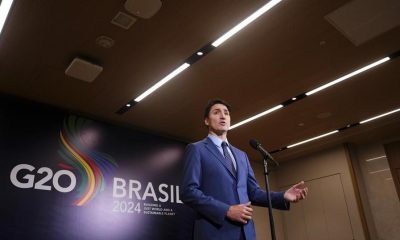HALIFAX – With one week to go in the Nova Scotia election campaign, early voter turnout is down about 15 per cent compared to the 2021 election.
Elections Nova Scotia says that as of Monday, a total of 64,000 early votes had been cast, which is 11,367 fewer than the 75,367 votes cast at the same point in 2021’s summer campaign. There are 786,748 eligible voters in the province.
The drop represents a reversal from the increase in early voting since the 2017 election. At the same point in the 2017 general election, 32,935 early votes had been cast.
Liberal Party Leader Zach Churchill told reporters Tuesday the decrease in early voting may be a signal of “election fatigue” as the provincial campaign comes on the heels of municipal and U.S. elections. A postal strike, meanwhile, has prevented voters from receiving cards in the mail detailing where to vote early, he added.
Churchill repeated his criticism of Progressive Conservative Leader Tim Houston’s decision to ignore a law his government passed in the fall of 2021 that set July 15, 2025, as the date for the next provincial election. At the time, Houston said the law would “limit any perceived advantage by the government to control the timing of the next election.”
But last month, with the Tories holding a strong lead in the polls, Houston dropped the commitment and called a snap election for Nov. 26, arguing that he needed a new mandate to deal with an affordability crisis and to “stand up” to Ottawa.
Asked about the drop in early voting, Houston said in an email sent Tuesday, “I encourage all Nova Scotians to get out and exercise their right to vote.”
Churchill says he hopes voters will pay attention to his party’s platform during the final days of the race, including his announcement Tuesday of more support for renters who have faced rapidly rising monthly costs. He repeated his pledge to provide a “rent bank” program, which would provide quick-turnaround, zero-interest loans to renters who find themselves unable to make monthly payments.
The Liberal leader is also promising to prohibit fixed-term leases that go beyond a year. Fixed-term leases, which allow landlords to refuse renewals without giving a reason, are a loophole that make existing rent caps ineffective, Churchill said. Advocacy groups for landlords say fixed-term leases are useful because they allow a trial period before property owners offer long-term leases to tenants.
Churchill also said his party’s rent cap system would consider inflation, market conditions and regional vacancy rates, adding that the party will establish a residential tenancies enforcement unit.
NDP Leader Claudia Chender has criticized the Progressive Conservative government’s record on housing, saying the average one-bedroom apartment in the province costs $2,000 a month, while rent overall has increased by 18 per cent in the last year.
Chender, who voted at an advance poll Tuesday and didn’t hold a media event, has promised more public housing built with government funds.
Houston was in Halifax Tuesday where he announced a re-elected Progressive Conservative government would spend $810 million over the next five years to expand roads and highways in Atlantic Canada’s largest city. The work will include road expansion and upgrades as well as the addition of extra lanes on either side of Highway 102 leading into Halifax.
“These projects are a once-in-a-generation investment,” Houston told reporters.
With significant population growth in recent years, roads and highways into the Halifax peninsula have become increasingly clogged with traffic. Houston said the announced highway work is “all about moving people.”
He said the province and its Joint Regional Transportation Authority is in discussion with the Halifax Regional Municipality about traffic flow management. But, when asked whether he was focused enough on improving Halifax’s transit bus system as a way of reducing traffic, he described the situation as “chicken and egg.”
“We need to talk about how we move these vehicles around — that’s the roads,” Houston said. “We can also talk about the buses that travel on them, but unless we can move the traffic in a meaningful way then it’s not going to matter.”
This report by The Canadian Press was first published Nov. 19, 2024.
— With files by Keith Doucette in Halifax

